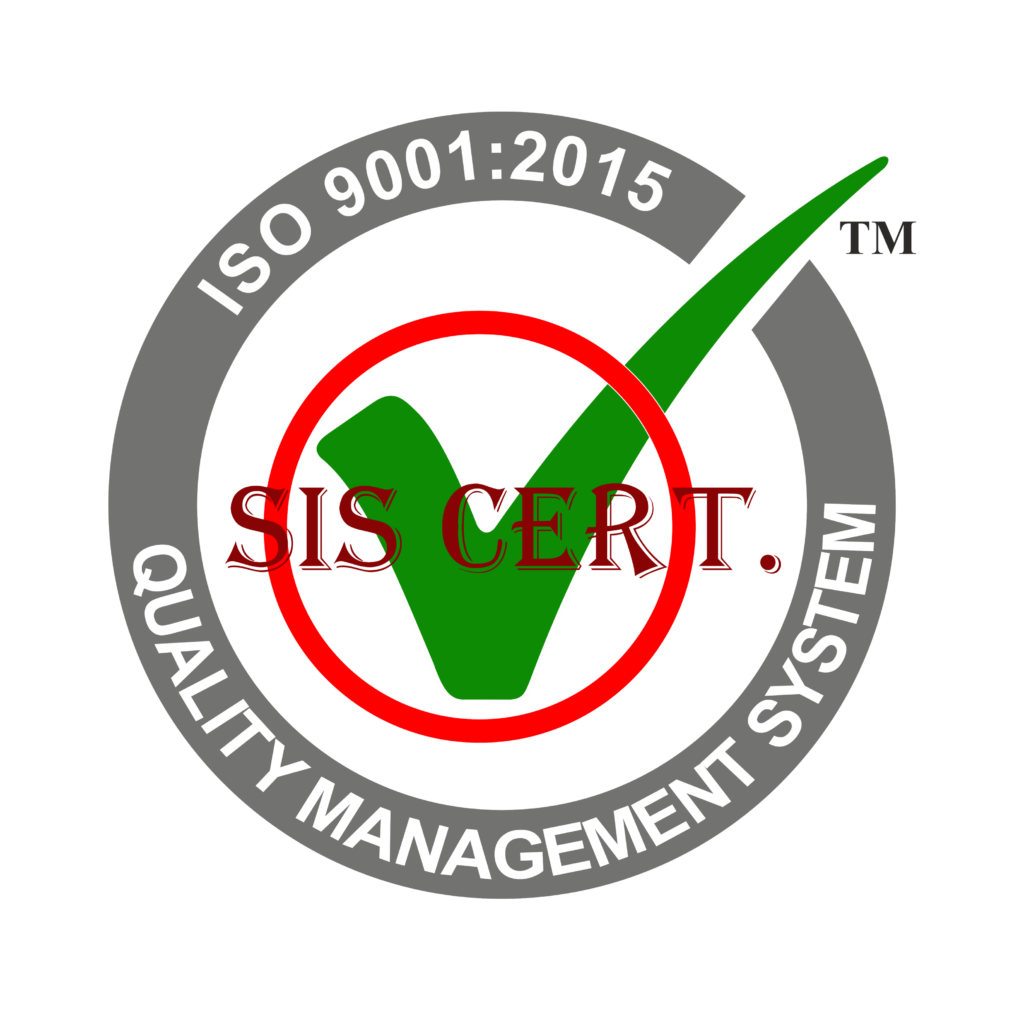As the world continues to move forward in innovation, the stainless steel industry is no exception.
This article explores the latest advancements in stainless steel production technology, from the types of steel used to the automation technologies that make production more efficient.
It also highlights the sustainability practices that are being adopted to help preserve our environment.
Join us as we explore the innovative advances in stainless steel production technology.
Key Takeaways
- Ferritic, austenitic, and martensitic steel are the three main types of steel used in stainless steel manufacturing, each offering different properties and benefits.
- Vacuum arc remelting (VAR), electric arc melting (EAM), and powder metallurgy (PM) are three common manufacturing processes used in stainless steel production, each with its own advantages and applications.
- Stainless steel is a versatile material that is widely used in various industries due to its superior strength, durability, corrosion resistance, and low maintenance requirements.
- Automation technology plays a crucial role in steel manufacturing, allowing for greater precision, increased productivity, improved safety, and the production of consistent and high-quality steel products.
Types of Steel
Over the years, there have been numerous types of steel developed to meet the diverse needs of steel production and manufacturing. In the context of stainless steel industry, the production process and technologies are advancing rapidly.
Commonly used steels include ferritic, austenitic, and martensitic steels, which have different properties and characteristics. Ferritic steel is composed of iron and chromium, and offers a high level of corrosion resistance.
Austenitic steel is a combination of iron, chromium, and nickel and is known for its strength. Lastly, martensitic steel is a combination of iron, chromium, and carbon and is known for its hardness and wear resistance.
All three of these steels are used in a variety of stainless steel manufacturing applications.
Manufacturing Processes
With the ever-evolving needs of stainless steel production, manufacturers are constantly exploring innovative manufacturing processes to ensure that the highest quality and most efficient products are produced.
One such process is vacuum arc remelting (VAR), which melts and refines steel in a vacuum environment, resulting in a cleaner and more homogeneous product.
Another process is electric arc melting (EAM), which uses an electrical arc furnace to melt and combine alloys in a single operation.
Lastly, powder metallurgy (PM) provides a lower cost option for producing small amounts of complex parts with higher strength and improved wear resistance.
All three processes offer various advantages, giving manufacturers the ability to produce parts with improved structural integrity and superior performance.
Benefits of Steel
Stainless steel is renowned for its superior strength, durability, and corrosion resistance, making it an ideal material for a variety of applications. From medical equipment to automotive parts, stainless steel has become an integral part of many industries.
Its ability to withstand harsh environments and its low maintenance requirements make it an attractive choice for many manufacturers. Additionally, its unique properties can help to reduce energy costs in production processes.
Stainless steel is also an environmentally friendly material, as it is highly recyclable and can be reused in a variety of applications. The combination of these benefits makes stainless steel an excellent material for innovation in manufacturing processes.
Automation Technology
As manufacturers strive to increase efficiency and reduce costs in stainless steel production, automation technology has become increasingly important.
Automation allows for greater precision in steel manufacturing processes, resulting in higher quality steel products.
Additionally, automation helps reduce labor costs and boost productivity, allowing manufacturers to reduce their overall production costs.
Automation also increases safety, as it eliminates the need for workers to be in dangerous areas and reduces the risk of human error.
Furthermore, automation provides a more consistent and predictable product, enabling manufacturers to more accurately meet customer demands.
As automation technology continues to evolve, manufacturers are able to better optimize their production processes and provide higher quality steel products.
Sustainability Practices
In recent years, manufacturers have implemented numerous sustainability practices in stainless steel production in order to reduce their environmental impact.
These practices involve the use of renewable energy sources, reducing water consumption, and controlling emissions.
Additionally, many manufacturers are utilizing recycled stainless steel in order to reduce the need for newly manufactured material. This helps reduce the amount of energy and resources used in production, while still providing a quality product.
Furthermore, certain manufacturing processes have been improved to reduce waste and optimize resource usage.
Lastly, manufacturers are increasingly utilizing environmental management systems to ensure that all production processes are sustainable.
Frequently Asked Questions
What Are the Cost Implications of Stainless Steel Production Technology Advancements?
The advancement of stainless steel production technology offers cost savings and efficiency gains for manufacturers. These improvements can help reduce production costs and increase profitability.
What Are the Latest Developments in Stainless Steel Production Technology?
The latest developments in stainless steel production technology include more efficient manufacturing processes, improved corrosion resistance, and advanced alloy design.
What Are the Safety Risks Associated With Stainless Steel Production?
Safety is always a top priority when it comes to stainless steel production. The latest advances help minimize risks, but precautions must always be taken to ensure the safety of workers and the environment.
How Can Stainless Steel Production Technology Be Improved?
Stainless steel production technology can be improved by exploring new methods that reduce costs, increase efficiency, and maintain safety standards.
Are There Any Environmental Concerns Related to Stainless Steel Production?
Yes, stainless steel production can have negative impacts on the environment. Emissions created by the production process can pollute the air, water, and land, so careful environmental monitoring and controls are needed.
Conclusion
Stainless steel production technology has seen many advancements over the years. These advancements include the development of new types of steel and improved manufacturing processes. Automation and sustainability practices have also been adopted into production methods. This has resulted in a more efficient and environmentally friendly production of steel.
As these technologies are further explored, it is likely that stainless steel production will become even more efficient and sustainable.


